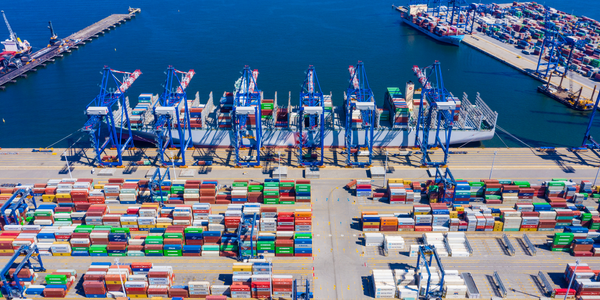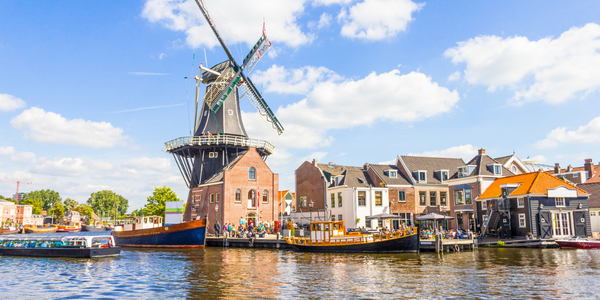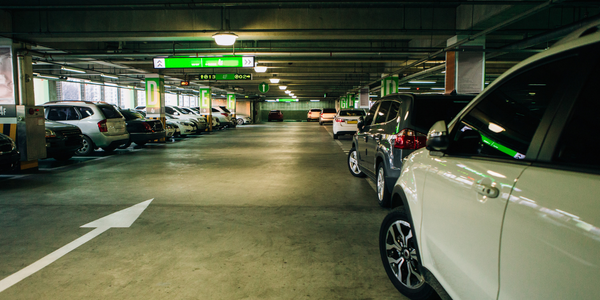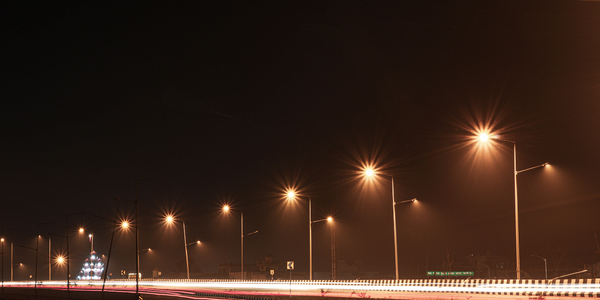
- Functional Applications - Remote Monitoring & Control Systems
- Sensors - Air Pollution Sensors
- Cities & Municipalities
- Business Operation
- Outdoor Environmental Monitoring
More than 84% of world trade is mobilized by maritime transport. The integration of land transport with ports has become essential and has had an impact in the complexity of logistics connections. The dynamic nature and importance of maritime transport have repercussions on the environment in the form of noise and air pollution or traffic congestion, among others. Despite the fact that CO2 emissions of container vessels are, comparatively, much lower than air freight emissions, a very large 18,000 TEU container vessel emits 3 grams of CO2 per tonne/kilometer. Recent studies also suggest that maritime transport contributes to 3.5 – 4% of the pollution with sulfur, a highly carcinogenic agent.
The fPerception system allows the immediate detection of hazardous chemical compounds polluting the air. Using an app, customers of Feature Forest can monitor the state of air pollution at a given location, in real time. The fPerception app compares the level of pollution with the norms and alerts if they are exceeded. It also allows the prediction of the spreading of monitored chemical compounds. The solution is fully scalable and flexible, it meets the requirements of several industries, always taking into consideration their specifications.
The initial requirements of the project establish the necessity of an easy-to-deploy, off-the-shelf solution with calibrated sensors and production site in the European Union. Feature Forest chose Libelium because they “were aiming for a short lead and deployment time, from a reliable supplier”.
This project aims to localize the sources of air pollutants in the area of the port, such as the berthing of vessels, the heat and power plants, the cargo handling activities, the surrounding industry or the raising road and railway transport. The nodes are located nearby potential sources of pollution, then information about gas concentration is correlated with wind direction and speed.
Additionally, controlling gas levels in the area helps to verify the intensity of the local industry in terms of pollution concentration, a primary study for models of pollution emission derived from port operations plans and industry in the area: the power and heat plant of Wybrzeże, the Gdansk Refinery, the shipyards and other factories.

Case Study missing?
Start adding your own!
Register with your work email and create a new case study profile for your business.
Related Case Studies.

.png)










